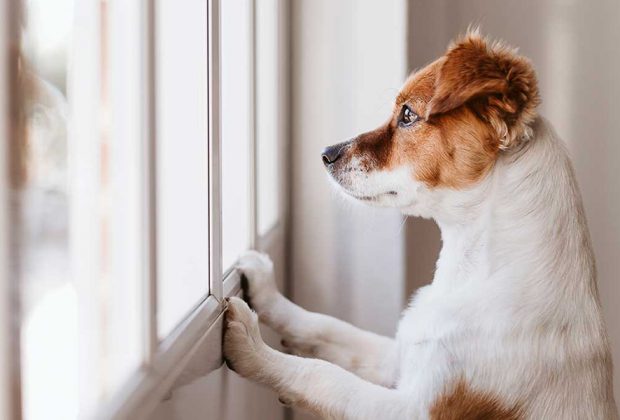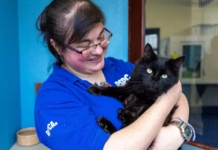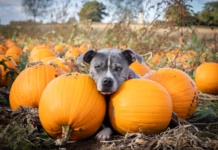We spend so long training our dogs to fit in with our busy working lifestyle, but since the UK went into lockdown, our pooches have got used to a lot more walks, attention, and time at home.
Worried about going back to work and leaving your pooch at home? As part of their Dog Difference Report, Sean McCormack, Head Vet at tails.com, shared some ways you can help your four-legged friend adjust as we return to work.
Top tips on how to help our pets adjust as we return to work
1. Set up a routine:
Start to give your pet alone time each day. This is a very important step to help your dog so when you do transition to working outside the home again, your pet is used to being left in the home alone and it is less of a shock to them. You can do this by giving your dog space by going into a different room in the house and closing the door or simply try not to give your dog any attention for a period of time. If you notice your dog being clingy when you are around during the work hours, try to ignore them or walk away.
2. Get them used to you physically leaving the house
It’s important to help your dog become familiar with what the new routine of you going to work will look like. So the best way to introduce this to your pooch is to leave the house several times a day. Each time you leave gradually increase the interval of time that you are away. When you return home, greet, and play with your dog for a few minutes.
3. Get them used to a crate
If your dog is crate trained, this is a good opportunity to restart crating them again for short intervals during the day. Pet parents can also put their pets into a crate or secluded room and designate that as the safe zone.
How to combat separation anxiety as we leave our pooches alone for longer
Step 1:
The first step is to encourage your dog to go to their bed and stay there for a short while with you present. Reward your dog for remaining quietly in their bed.
Step 2:
With your dog in their bed, ask your dog to stay, while you move away. Return and reward.
Step 3:
Continue this routine, moving progressively further away and for longer periods of time. The distance and length of time that you increase on occasion will depend on your dog. If your dog reacts or moves, don’t reward them and never punish them – instead go back to the previous stage.

| [donate]
| Help keep news FREE for our readersSupporting your local community newspaper/online news outlet is crucial now more than ever. If you believe in independent journalism,then consider making a valuable contribution by making a one-time or monthly donation. We operate in rural areas where providing unbiased news can be challenging. |



















